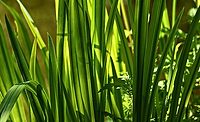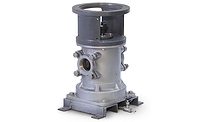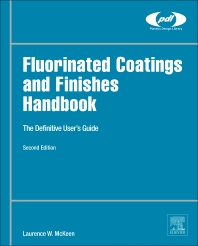PARSIPPANY, NJ – Germany‘s Institut Bauen und Umwelt e.V. (The Institute for Construction and the Environment, or IBU) has issued environmental product declarations for DEGADUR® reactive resins, providing ecological certification for the product, which comes from Evonik Industries AG’s Coating & Adhesive Resins (CA-AC) business line.
Receiving these declarations involves an environmental performance evaluation to verify the sustainability of the product using a process that is neutral, transparent and reliable.
The IBU, based in Berlin, is the only organization in Germany to offer certification on the basis of international standard ISO 14025 (environmental labels and declarations) and European standard DIN EN 15804 (sustainability of construction works). This industry initiative for sustainable building awarded Evonik an environmental product declaration (EPD) for DEGADUR.
Suppliers provide information about their products through this declaration. The certification focuses on transparency throughout the entire life cycle of products.
The environmental indicators assessed include, among others, the potential for greenhouse gas production and ozone depletion, as well as consumption of energy and raw materials. An independent panel of experts reviews the program rules and results.
“Each EPD and its corresponding environmental performance evaluation offer a precise look at products, procurement and manufacturing processes. This knowledge can be used to reduce the CO2 footprint of a product or to make it more recyclable,” explains Michael Wolff, Technical Manager Construction (CA-AC) and member of the working group Methacryl Resins in Construction within Deutsche Bauchemie e.V. (the German Association for Construction Chemistry).
EPDs give builders, engineers, and architects the ability to better assess and compare products from different suppliers. They use the declarations as a source of basic data for calculating the environmental performance and energy consumption of a building. EPDs are also needed for acquiring approvals in compliance with the Deutsches Gütesiegel für Nachhaltiges Bauen (German Seal of Quality for Sustainable Building) and with LEED (the Leadership in Energy & Environmental Design program sponsored by the U.S. Green Building Council).









